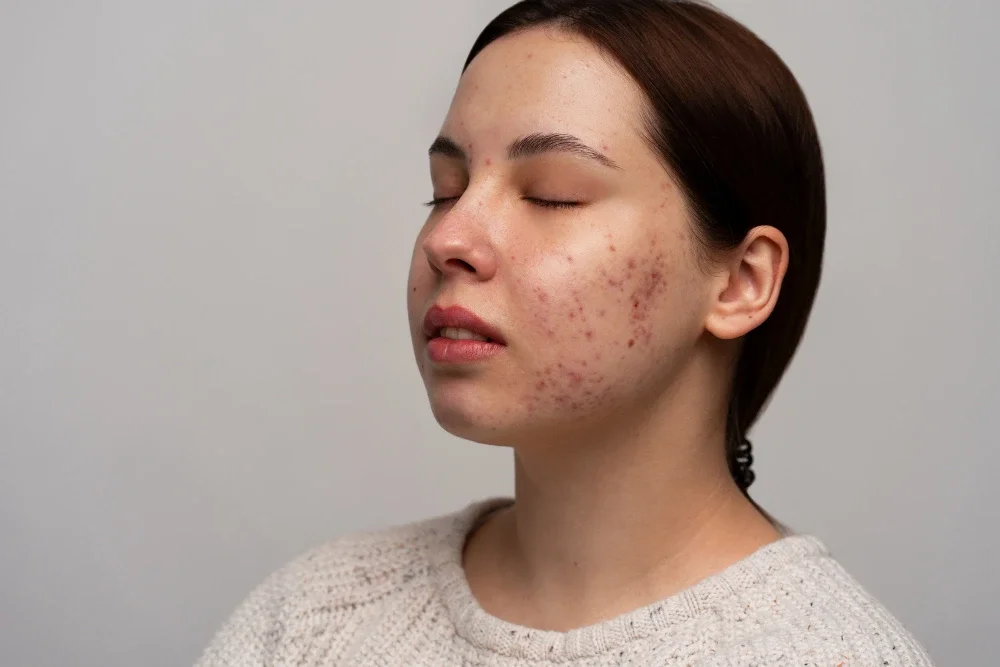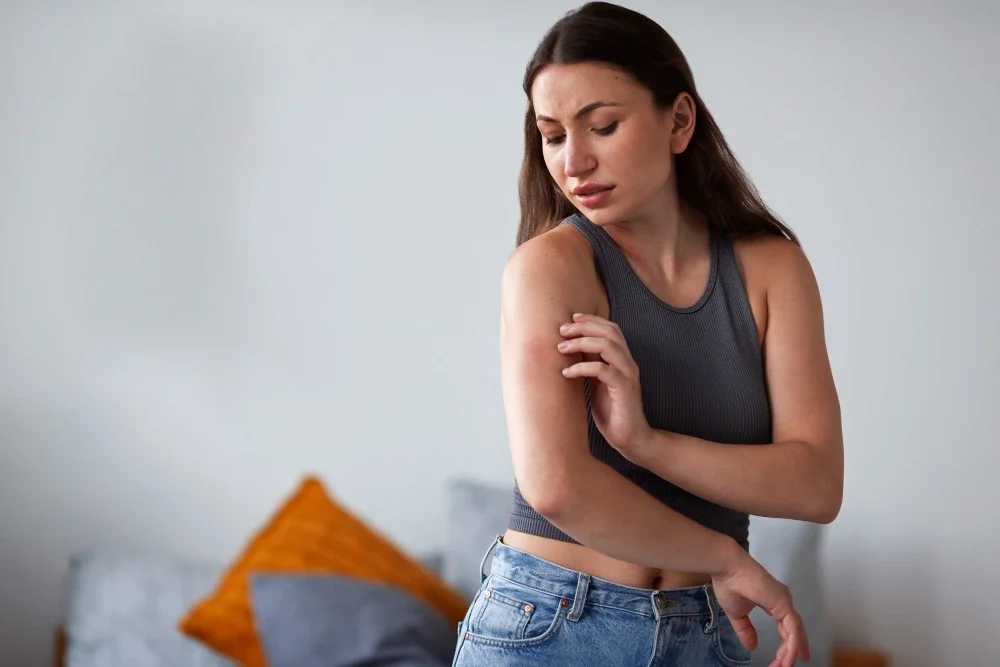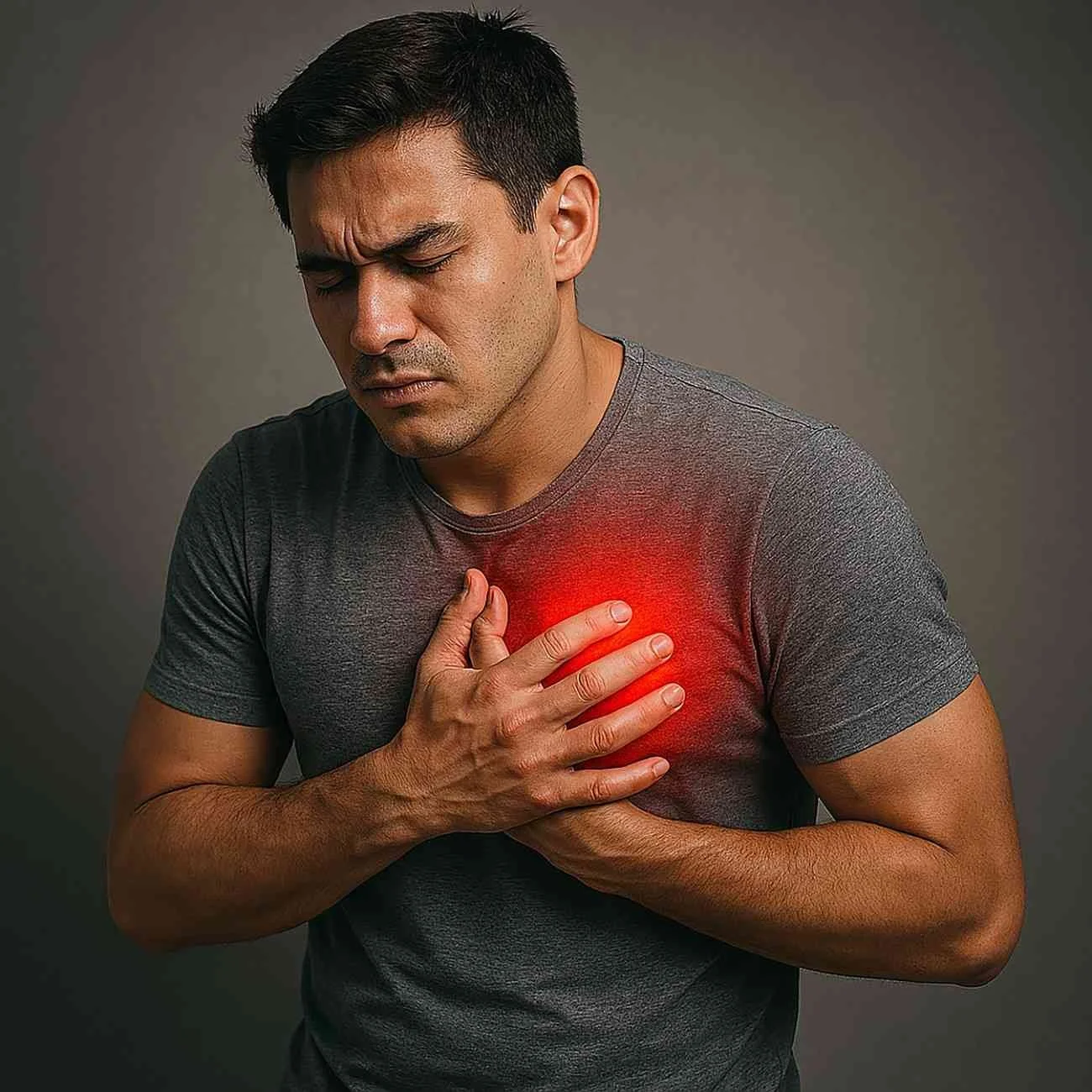Dengue Fever Symptoms You Should Never Ignore
What is Dengue Fever?
Dengue (pronounced DEN-gee) is a sickness caused by a virus. You get it from the bite of a specific type of mosquito called the Aedes mosquito. There are four types of dengue viruses. If you get one type, you won't get that same type again, but you can still get sick from the other three.
Causes of Dengue
Dengue is caused by the dengue virus (DENV), which has four known serotypes. It spreads through the bite of infected Aedes aegypti or Aedes albopictus mosquitoes. Once the virus enters the human body, it multiplies in the blood. Another mosquito can pick up the virus by biting an infected person and further spread it.
Common risk factors include:
Living in or visiting endemic areas
Accumulation of stagnant water
Poor sanitation and hygiene
A previous dengue infection (which increases the risk of severe dengue in the next infection)
Common Dengue Fever Symptoms
Symptoms usually start about 4 to 10 days after a mosquito bite. The most common Dengue Fever Symptoms are:
High Fever: A fever that comes on suddenly and can get very high, around 104°F (40°C).
Bad Headache: A very painful headache, especially behind the eyes.
Pain in Muscles and Joints: This pain can be so bad that dengue is sometimes called "breakbone fever."
Feeling Sick and Throwing Up: Nausea and vomiting are common.
Skin Rash: A red rash might show up a few days after the fever starts.
The symptoms of dengue in adults can sometimes feel worse than in kids.
Warning Signs of Severe Dengue
Sometimes, dengue can become very serious. This is a medical emergency. If you see any of these warning signs (especially after the fever starts to go down), you must go to a doctor or hospital right away:
Very bad stomach pain
Throwing up again and again (at least 3 times in one day)
Bleeding from the nose or gums
Seeing blood when you throw up or in your poop
Feeling very tired, cranky, or restless
Cold or sweaty skin
Trouble breathing
Diagnosis and Dengue Treatment
Diagnosis
Doctors may recommend the following tests:
NS1 Antigen test or RT-PCR during the initial days of fever
IgM/IgG antibody tests after 5–7 days of illness
Prompt diagnosis helps in managing the disease before complications arise.
Treatment
There is no specific antiviral medicine for dengue fever. Treatment is mainly supportive and includes:
Adequate hydration: Patients should drink plenty of fluids to prevent dehydration.
Paracetamol for fever and pain: Avoid medicines like aspirin or ibuprofen, which increase bleeding risk.
Hospital care: In cases showing warning signs or severe symptoms, hospitalization is required for IV fluids, monitoring, and possibly blood transfusion.
Consult a doctor at the earliest if symptoms worsen or warning signs develop.
Dengue Fever Prevention & Precautions
Ways to Prevent Dengue
With no universally available vaccine for the general public, dengue fever prevention primarily focuses on protection against mosquito bites:
Use mosquito repellents (containing DEET or Picaridin).
Wear full-sleeved clothes, especially during early morning and late evening.
Use mosquito nets while sleeping.
Ensure there is no stagnant water in coolers, pots, or containers.
Cover water tanks and clean containers weekly.
Community-Level Precautions
Public awareness and cleanliness drives, fogging activities, and regular dry days in neighborhoods can significantly reduce mosquito breeding and lower the risk of outbreaks.
When to See a Doctor
You should consult a doctor immediately if you experience:
High fever for more than 2 days
Severe body pain and vomiting
Rash or signs of bleeding
Dizziness or difficulty breathing
If you've recently traveled to or live in a dengue-prone area, early diagnosis can help prevent complications.
Dengue Fever Symptoms should never be ignored, especially during monsoon or in high-risk areas. With early detection, proper hydration, rest, and timely treatment, most people recover without serious issues. However, ignoring warning signs can lead to severe complications.
Preventing dengue is a shared responsibility. Protect yourself and your surroundings by eliminating mosquito breeding sites, using repellents, and spreading awareness.
How JIET Medical College & Hospital Helps
At JIET Medical College & Hospital, Jodhpur, the General Medicine Department provides expert diagnosis, personalized care, and 24x7 support for patients suffering from dengue. Our team ensures early detection and effective management for speedy recovery.
If you or your loved ones show any symptoms of dengue, don't delay. Visit JIET Medical College & Hospital for trusted medical care and expert support.




